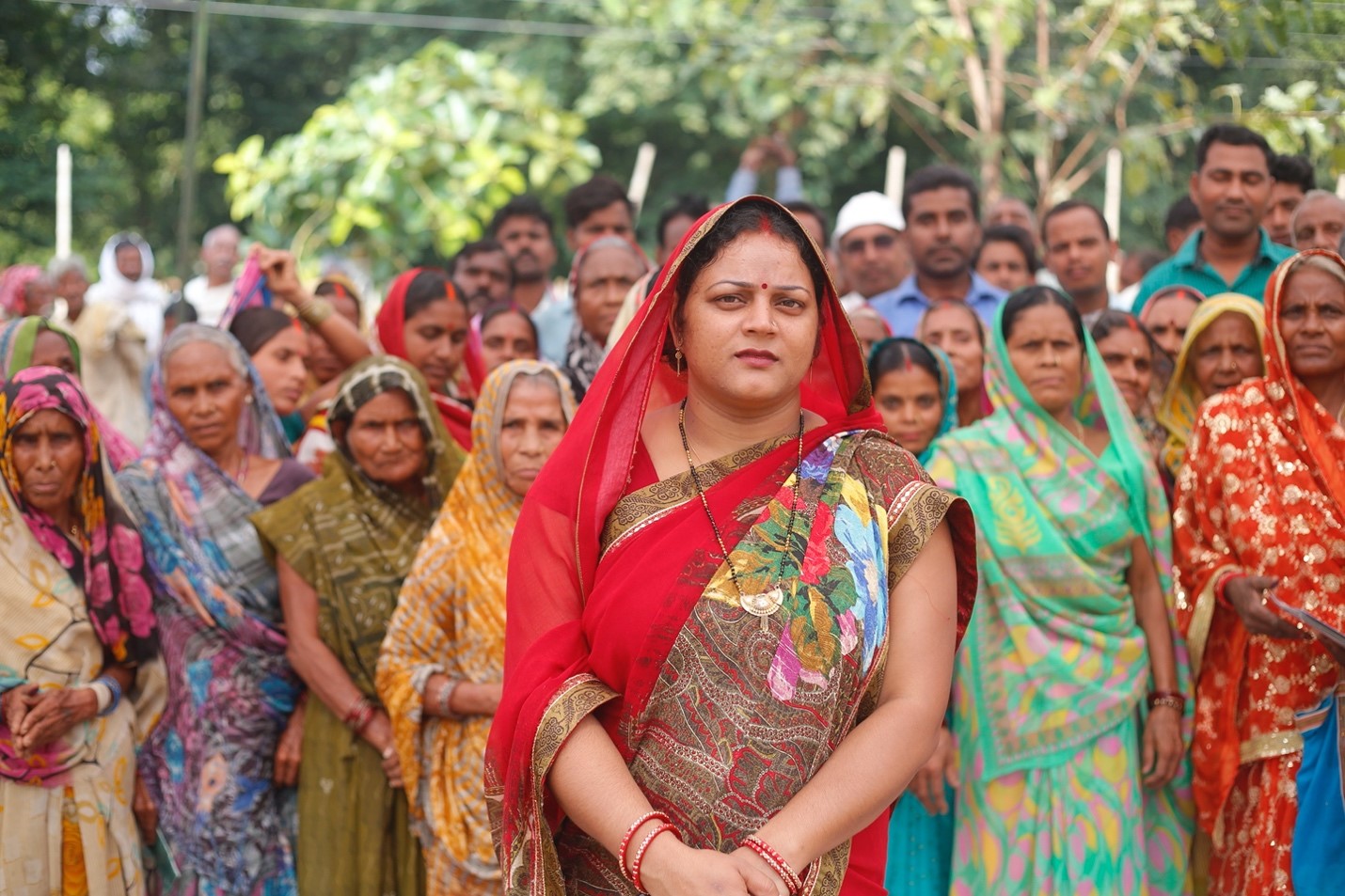Post by: Francesca McManus

My name is Francesca McManus and I am a second year law student at Regent University School of Law. I have been a student staff member for the Center for Global Justice since my second semester of my 1L year. This semester I have been working on a project for Justice Ventures International (“JVI”). JVI works to protect human rights and promote justice in India. The project I have been working on looks at Victim Compensation Schemes, which provide monetary support for the rehabilitation of survivors of sexual violence, bonded labor, and human trafficking, often from fines collected from the perpetrator for their offenses.
While researching Victim Compensation Schemes for the Indian state of Bihar I discovered many of the atrocities committed against women happen more commonly than is thought possible. However, a landmark decision by the Supreme Court of India in Nipun Saxena Vs. Union of India instructed the National Legal Services Authority to create the “Model Rules for Victim Compensation” aimed specifically at crimes against women and sexual offenses. The Supreme Court further required that each state adopt the rules into their Victim Compensation Schemes. These Model Rules contain significantly more resources and protections for women survivors and their dependents, and additionally, the Model Rules make the process much more accessible to women by allowing claims to be filed online.
It is my hope that reforms like these extend towards other marginalized groups in India, including survivors of bonded labor and human trafficking, in order to work towards repairing the harm done to the survivor by the offender.
This post was written by a Center for Global Justice Student Staff member. The views expressed in this post do not necessarily reflect those of Regent University, Regent Law School, or the Center for Global Justice.

